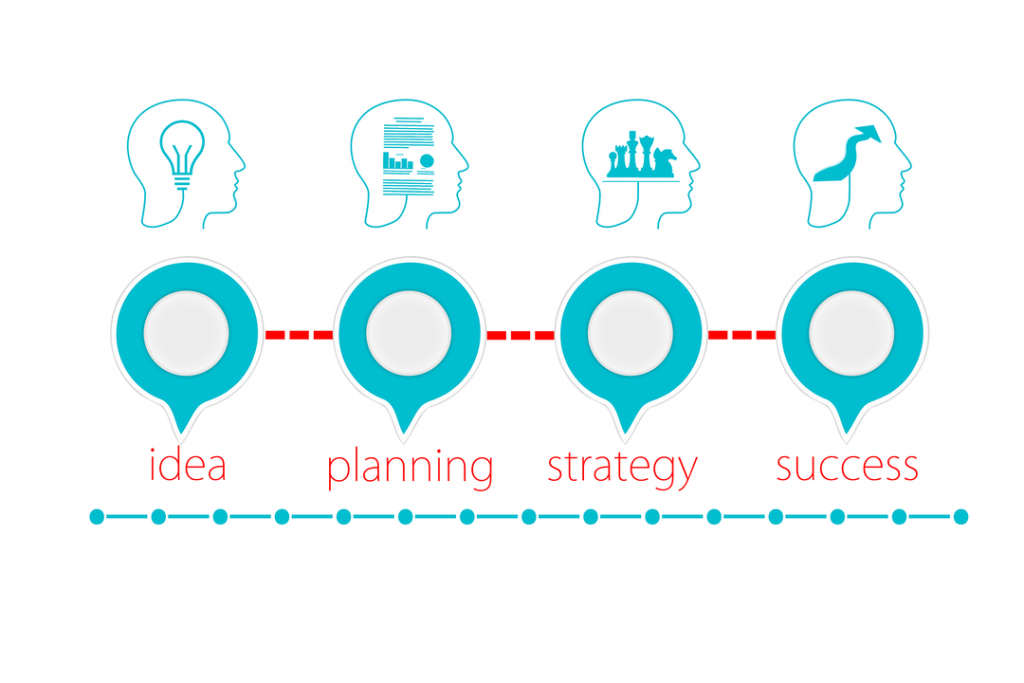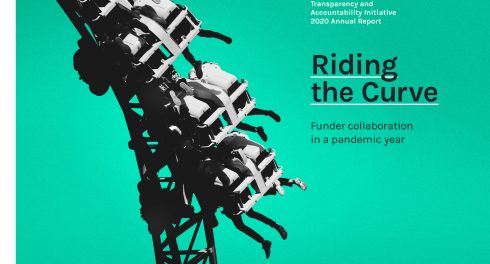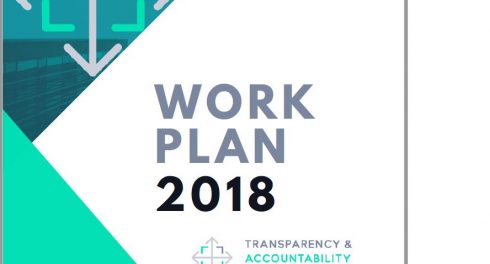
Photo by Ian Schneider on Unsplash
The field of fiscal governance encompasses an array of efforts to improve how governments manage public resources on behalf of their citizens. With the support of international donors, global and country-focused organizations carry out diverse efforts, including advocating for a myriad of reforms in policies and processes.
While this way of working has had successes, the field faces many questions. Have the tools and interventions we have put forward delivered improved governance or better development results? Have these efforts been able to shift the incentives of powerful stakeholders? Has the sum of fiscal governance efforts meaningfully advanced the goals of the organizations undertaking the work? Do citizens feel the tangible benefits of these measures on their lives? These questions are especially important as the COVID crisis implicates current and future public finance decisions about social contract. They are also relevant across the layers of organizations that seek reform – from national civil society groups and international non-governmental organizations to international donors and national governments.
For our part, Oxfam, the Natural Resources Governance Institute, International Budget Partnership, and Global Integrity – along with six Ghanaian governance-focused civil society organizations, discussed these questions at a learning exchange held in Accra, Ghana, just before the COVID crisis emerged. Over two days, our organizations began a structured reflection on how our respective fiscal justice strategies and learning approaches were playing out in the Ghanaian context. Participating organizations undertake various strategies and tactics to support reform, including policy research and analysis, advocacy, citizen mobilization, and contributions to oversight bodies. During this learning exchange, we asked for their take on what their work was achieving.
Ghana is, in many ways, a microcosm of the challenges our work faces. While it has the highest marks among west African countries for budget transparency and has several policy frameworks in place for the management of oil and gas revenue, data disclosure, and civilian oversight, it also has struggled with consistent issues in how these frameworks are implemented. This ‘implementation gap’ suggests that capacity, incentives, or other obstacles still need to be overcome to achieve meaningful impacts in practice.

Photo Credit: Florin Hoinarescu via LinkedIn
In reflecting on what had been achieved – and not – in terms of fiscal governance of natural resources, and the lessons we can draw from this, our Ghanaian colleagues identified the following strategic issues facing their work:
- Deepening strategic collaborations between reformers is fundamental to achieve lasting change. It is imperative to find ways to promote an ongoing dialogue among partners and other national allies in government, media, and community leadership. Participants noted that while they are largely aware of each other’s work in Ghana, there are few incentives – and indeed, many disincentives – for collaboration.
- New strategies for change will need to address gaps in policies and weak implementation. Despite strong policy frameworks for the management of oil and gas revenues for social spending, decision-makers have found ways to conceal information about how money flows through budget systems and have leveraged crises to undermine transparency. Further, decision-makers have neglected capacity development needs within government, undermining the bureaucracy’s ability to implement key contracting and reporting principles.
- There is a need to deepen understanding of how and why citizens mobilize and affect change. In thinking about citizen engagement, there is a tendency to rely on simplistic assumptions about why citizens will respond collectively to exposure to information about issues that affect them. Organizations supporting citizen mobilization will need to think creatively about creating space for citizens to interrogate and validate those who claim to represent them. In some cases, it may be necessary to create spaces for communities to identify alternative leaders by supporting the emergence of new leaders that represent communities’ interests with more legitimacy.
- Civil Society must navigate between collaboration with government and oversight. While CSOs contribute to a variety of oversight mechanisms and platforms, governments pick and choose who and what they listen to. This poses a key challenge for organizations that participate in these fora. There is a need for strategic reflection on these experiences to better recognize patterns of behaviour and government actors’ underlying incentives in these mechanisms. Ultimately, there is a need to deepen our collaboration and advocacy strategies to disrupt compromised fora and create new and relevant spaces for civic engagement.
- We need to learn beyond projects – and we need to learn much more quickly. The complex, dynamic and fast-changing nature of fiscal justice work requires responsive monitoring, evaluation, and learning approach – a linear trajectory of outputs, outcomes, and impact is ill-suited to a world where backsliding and weak implementation are observable. If data gathering only focuses on reporting successes and misses opportunities to identify strategic gaps, we run a real risk of undermining the field’s ability to learn and influence change processes. We need to think about the practical aspects of connecting the dots, particularly as we design evidence and learning processes that enable us to learn, adapt, and increase our work’s effectiveness and impact.
- We should be mindful of who holds power in determining learning priorities. Building on these earlier points, local organizations noted that the lack of strategic coordination in both implementation and learning reflects the incentives set in place between donors, INGOs, and local groups. Rethinking how organizations with different capacities and constituencies collaborate also requires support and resources that more explicitly enable spaces for reflection, course correction, and strategic adjustment. It also requires that on- the-ground-reformers have space to focus on longer-term, more meaningful, and sustainable changes – many of which will sit outside a 6-12 month plan. Finally, we need to be more specific about the assets that INGOs bring in terms of exposure to debates, change processes, and evidence from a more global perspective.
Our discussions in Accra reinforce key learning for organizations working in fiscal governance. Participating organizations noted that they are now much more aware of the range of issues that needs to be tackled to support country-level change. However, our ways of working tend to be narrower, more isolated, and more oriented around activities that we can control and report on. This dynamic was present during the learning exchange itself — even the process of getting to these more critical points required that INGO staff (and staff of INGOs located in Ghana) created a “safe space” for more critical feedback. For us, this meant keeping the space for discussion relatively open-ended and not framing the discussion in terms of our predetermined learning questions. Creating this kind of space needs to become a more automatic learning feature between INGOs and local organizations.
As INGOs, we have a responsibility to think about how we’re taking on these lessons. At the end of the learning exchange, we proposed that future engagement in Ghana could involve articulating a shared strategy for fiscal governance, anchored in a longer-term theory of change and a set of core strategic principles. This is a first step in articulating what we think it might take to generate meaningful policy responses in the short term and real shifts in government responsiveness and accountability dynamics over the longer term. But the specific path forward on this approach isn’t exactly clear, especially given the fact that many organizations compete with each other for what is perceived to be a smaller pool of funds. This suggests there is still a need to reflect on the broader challenges with aid architecture in fiscal governance. We didn’t have the space to cover these issues with the attention they deserve.
While we’re hopeful that we can perhaps advance some of this thinking in the Ghanaian context, we recognize that depending on the context, those interested in these ideas will need to find their own ways of managing a needed transition. We hope this learning exchange sparks some of those needed conversations in our work. We look forward to continuing them with other interested parties.


